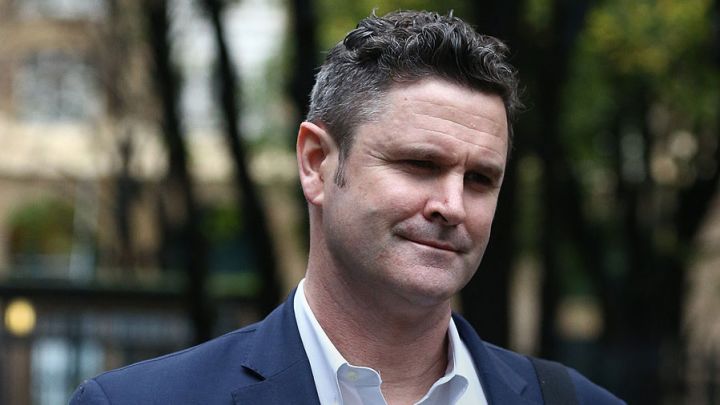Chris Cairns trial - a recap
The jury in the Chris Cairns perjury trial has retired to consider its verdict after hearing almost eight weeks of testimony at Southwark Crown Court

The jury in the Chris Cairns perjury trial has retired to consider its verdict after hearing almost eight weeks of testimony at Southwark Crown Court. The court will not sit on Wednesday or Thursday, so the earliest a jury can deliver a verdict is Friday - although their deliberations may take a lot longer. Here we explain the state of play.
What is the focus of the trial?
Cairns denies perjury and perverting the course of justice relating to his 2012 libel action against Lalit Modi. He is accused of lying when he said he had "never, ever cheated at cricket" or contemplated doing so during the High Court case. He is a co-defendant with his former legal advisor Andrew Fitch-Holland to the second charge, which centres on trying to procure a false witness statement.
What are the key elements for the jury to consider?
The Crown Prosecution Service lined up nine witnesses against Cairns but the judge, Mr Justice Sweeney, has said the testimony of three of them is paramount. The jury must believe two of the three - Lou Vincent, Ellie Riley and Brendon McCullum - for Cairns to be found guilty of perjury. They will then move on to the charge of perverting the course of justice, for which Fitch-Holland is the main defendant. If he is found guilty, then the jury can consider whether to convict Cairns as part of a "joint enterprise". If Fitch-Holland is acquitted, then Cairns must be too.
What are the main allegations against Cairns?
Vincent, who was banned from cricket for life last year for his involvement in fixing, claimed that Cairns introduced him to the world of corruption during the Indian Cricket League in 2008. He also recorded a Skype conversation with Fitch-Holland in which the request to provide a false statement in support of Cairns was allegedly made. Mr Justice Sweeney has warned the jury of the "potential danger" that Vincent "might have his own interests to serve" by accusing Cairns.
McCullum told of being approached during the IPL in 2008, although he did not report it to the ICC's anti-corruption unit until three years later. Riley, Vincent's ex-wife, testified that Cairns was confident he would get away with fixing because, he said, "everyone in India was doing it".
Who else gave evidence in court?
Among those called by the prosecution were former Australia captain Ricky Ponting, former New Zealand internationals Daniel Vettori, Chris Harris and Andre Adams, and former South Africa international Andrew Hall. Cairns, his wife Mel, and Fitch-Holland took the stand for the defence.
How long will it take to return a verdict?
The judge has told the jury it is under no time pressure and things could well go into next week. The jury in criminal trials is initially asked to return a unanimous verdict but, if this proves impossible, the judge may give directions for a majority verdict, of either 11-1 or 10-2.
What happens if Cairns is found guilty?
When Cairns gave evidence in the civil trial against Modi in 2012 he signed a statement of truth where he agreed to be bound by the obligations of the UK Perjury Act. If found guilty, Cairns' sentence could include a jail term of up to seven years. A civil case from Modi claiming repayment of damages - Cairns won £90,000 in 2012 - may also follow.
Read in App
Elevate your reading experience on ESPNcricinfo App.